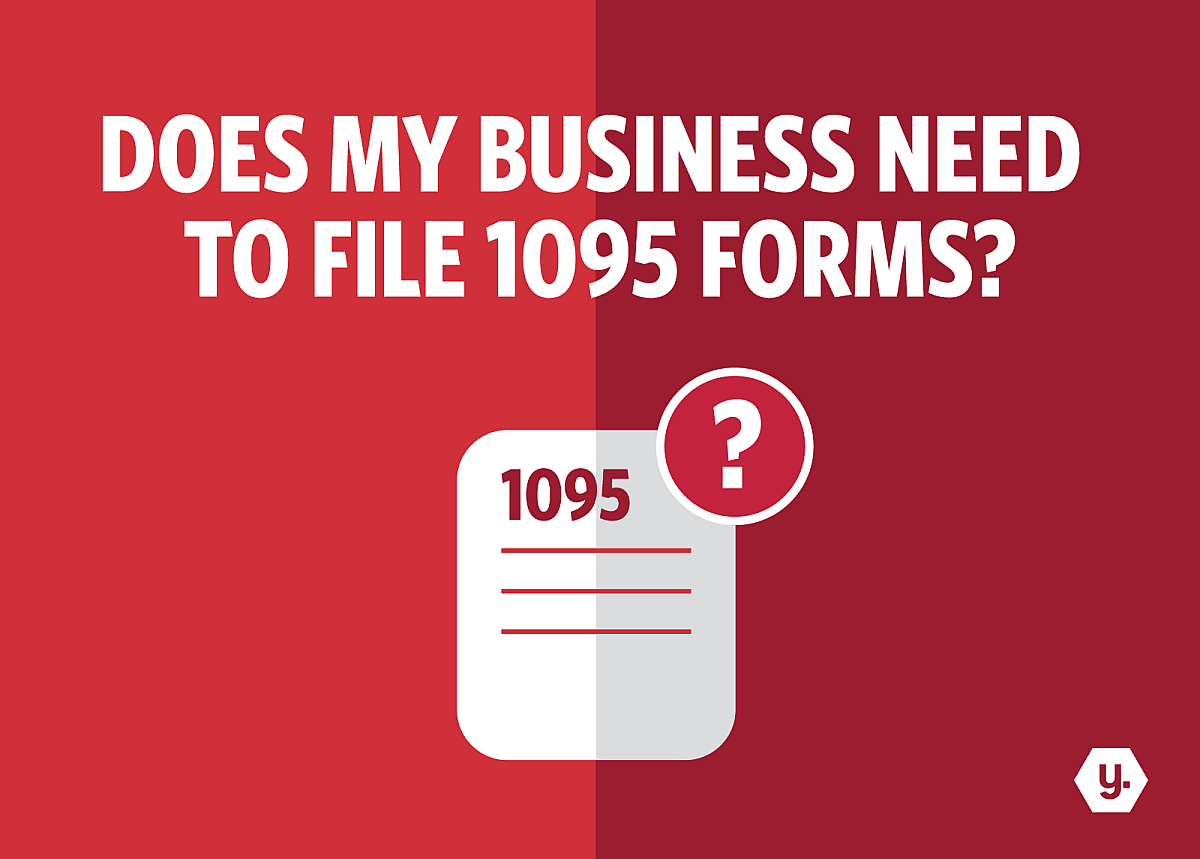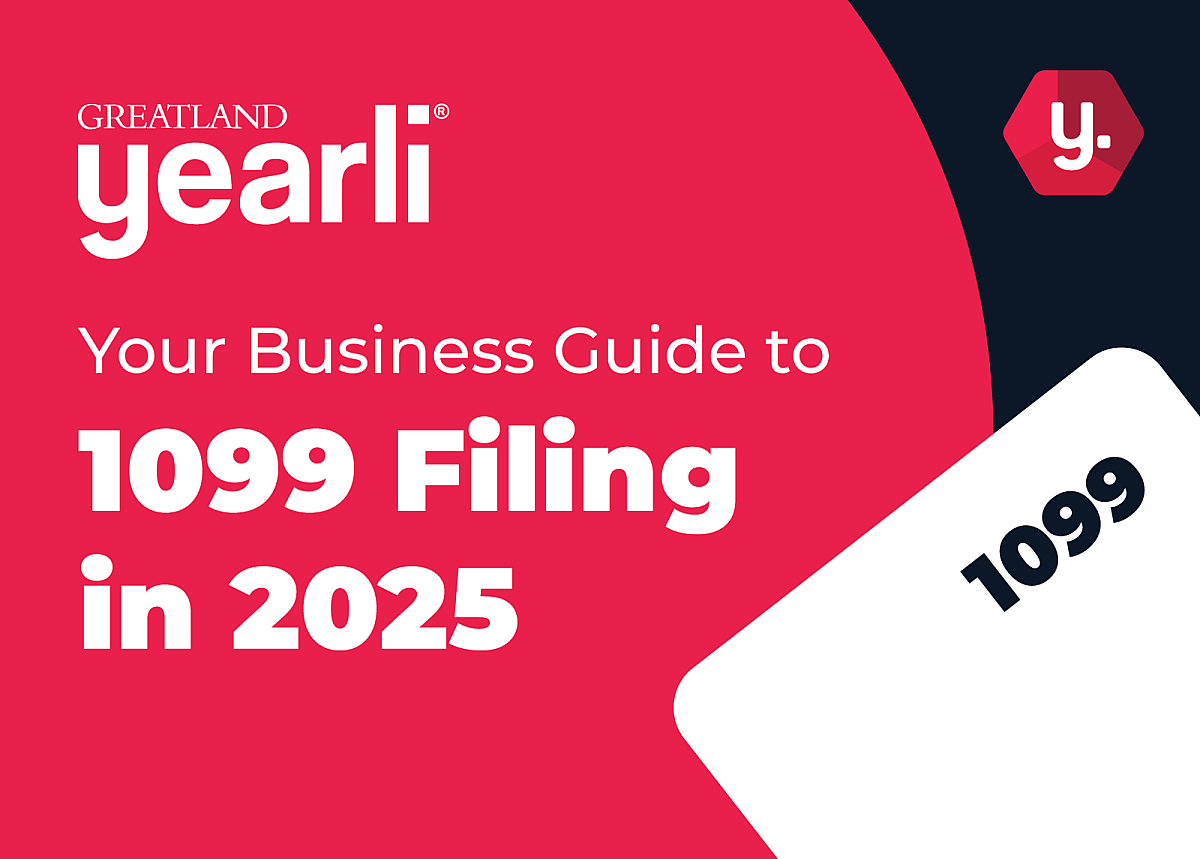
Stressed About Deadline Consolidation? Take These Four Steps
Weathering workload compression, especially during busy tax season, has long been a top concern among accounting professionals and there’s little signs of relief as a growing number of filing deadlines move into January.
Thanks to the Protecting Americans from Tax Hikes (PATH) Act, wage and information reporting deadlines have become extremely compressed, with W-2 and most 1099 deadlines landing on Jan. 31. The reason, according to the IRS: “This deadline makes it easier for the IRS to verify income that individuals report on their tax returns and helps prevent fraud.”
The reason is simple enough and there’s no doubt that the threat of fraud is real. During the 2018 tax fi ling season, for instance, the IRS received five to seven reports per week from tax firms that had experienced a data theft. However, the added pressure on accountants is also quite real.
The profession has long been associated with long work hours, especially during busy season, and “seasonality/workload compression” remains among the top five issues facing firms today, according to the AICPA’s 2019 PCPS CPA Firm Top Issues Survey.
Concern over the consolidation of deadlines is not just at the federal level. There’s also confusion about state fi ling deadlines. Historically, most states have had later fi ling deadlines, extending into February or March. These states are now overwhelmingly trending toward mimicking the earlier federal deadlines and are moving them to Jan. 31.
Now throw into the mix late legislative updates on tax software. As noted earlier, there’s little signs of relief.
The good news: You’re not powerless. By implementing time-saving steps and solutions, firms can better manage workload compression, meet filing demands, and ensure clients remain compliant. Consider the following:
1. Be prepared.
One of the biggest time savers to reduce some of the workload in January is to make sure that preparers ask their business clients to validate names/TINs/addresses of any employees and independent contractors, etc., before the end of the tax year. The more data you can verify prior to year end the better you can reduce the effort required to meet reporting requirements due at the end of January.
2. Automate, automate.
Leverage technology that enables your firm to automate mundane tasks, like data entry, and streamline workflows. This will enable you to spend more time serving clients and, ultimately, focus on more revenue generating opportunities.
3. Go paperless.
Given the compressed filing requirements, the advantages of going paperless should not be underestimated. Paperless filing has many advantages that can save your firm a lot of time.
3. Turn to the experts.
Turn to an expert you can trust and who employs a team of skilled W-2, 1099 and 1095 reporting advisers. Take, for instance, Yearli by Greatland. Yearli is a complete federal, state, and recipient W-2, 1099 and 1095 filing program that is backed by a team employing more than 125 wage and income reporting experts.
The all-inclusive paperless filing program can make it easy to file to IRS/SSA, applicable state agencies, and get copies to recipients. Yearli.com also an import feature that allows users to upload data from any source, saving even more time. How it works: Simply enter your data or import directly from any source and Yearli will file to the federal government, applicable state agency and send copies to your recipients.
Accounting professionals may not have control over shifting and consolidating filing deadlines, but they can take proactive steps to help ease the strain on staff. Turn to a solutions provider you can trust, like Greatland, that can help you find the filing solution that best fits your firm’s budget and unique needs.
Latest News
-
 November 25, 2025
November 25, 2025New Alternative Furnishing Method for Forms 1095-B and 1095-C Comes with Complexities
The IRS has updated the Affordable Care Act (ACA) reporting process for Forms 1095-B and 1095-C. These changes aim to reduce administrative costs and simplify reporting, but they also create new compliance challenges for employers and health insurance providers.Read More -
 October 8, 2025
October 8, 2025Your Business Guide to 1099 Filing in 2025: Deadlines and Compliance Tips with Yearli
Businesses must prepare for 2025 IRS 1099 filing by understanding key deadlines for Forms 1099-NEC and 1099-MISC and leveraging e-filing tools like Yearli to stay compliant. This guide outlines important dates, recent IRS updates, and practical tips to avoid penalties and streamline the filing process.Read More -
December 30, 2024
Understanding Form 1099-DA: A Comprehensive Guide to Filing for Digital Asset Transactions
As the use of digital assets like cryptocurrencies and non-fungible tokens (NFTs) continues to grow, so does the need for clear tax reporting guidelines. To address this, the IRS has introduced Form 1099-DA, which will be required starting in 2025.Read More
